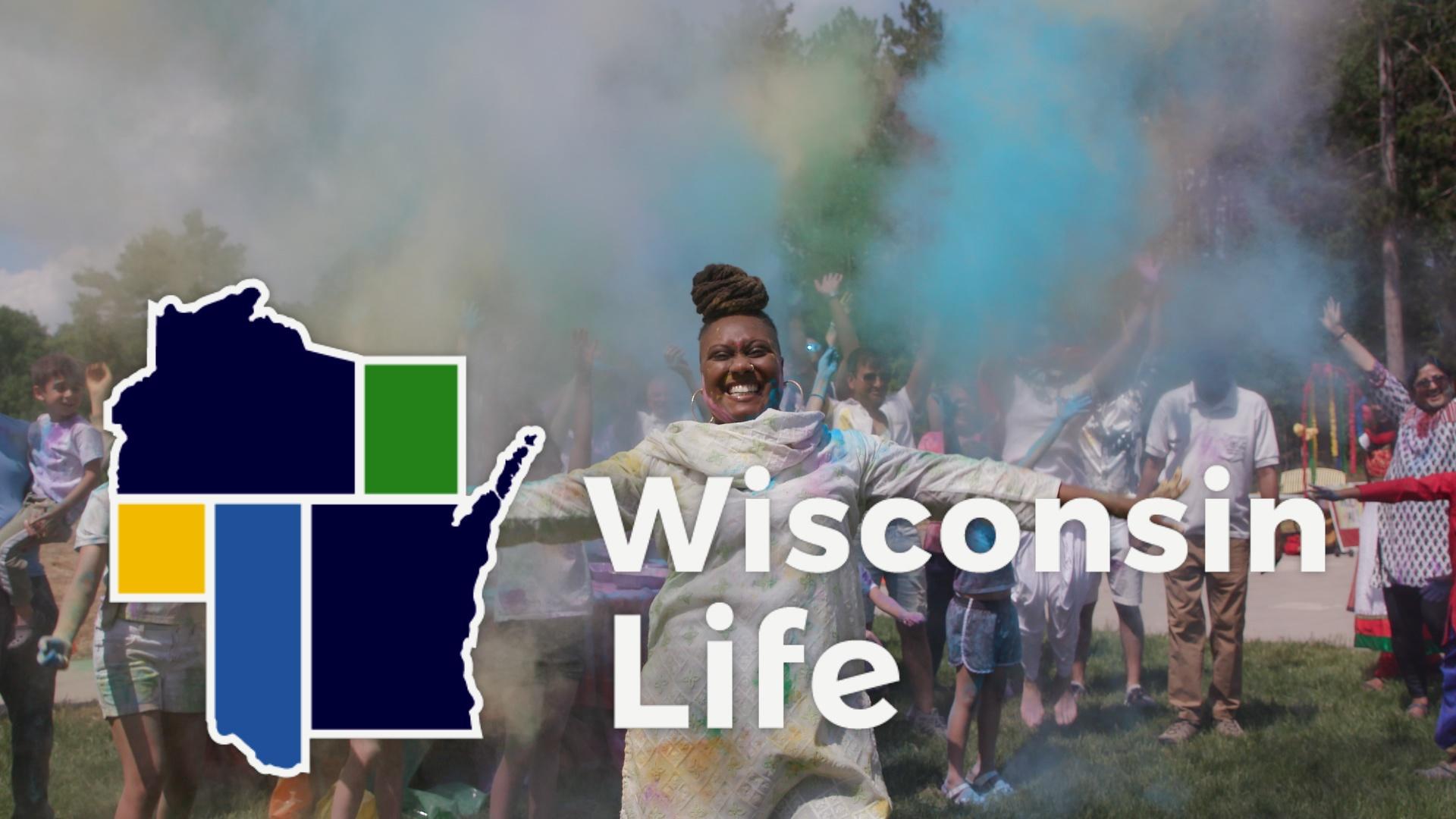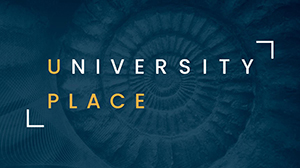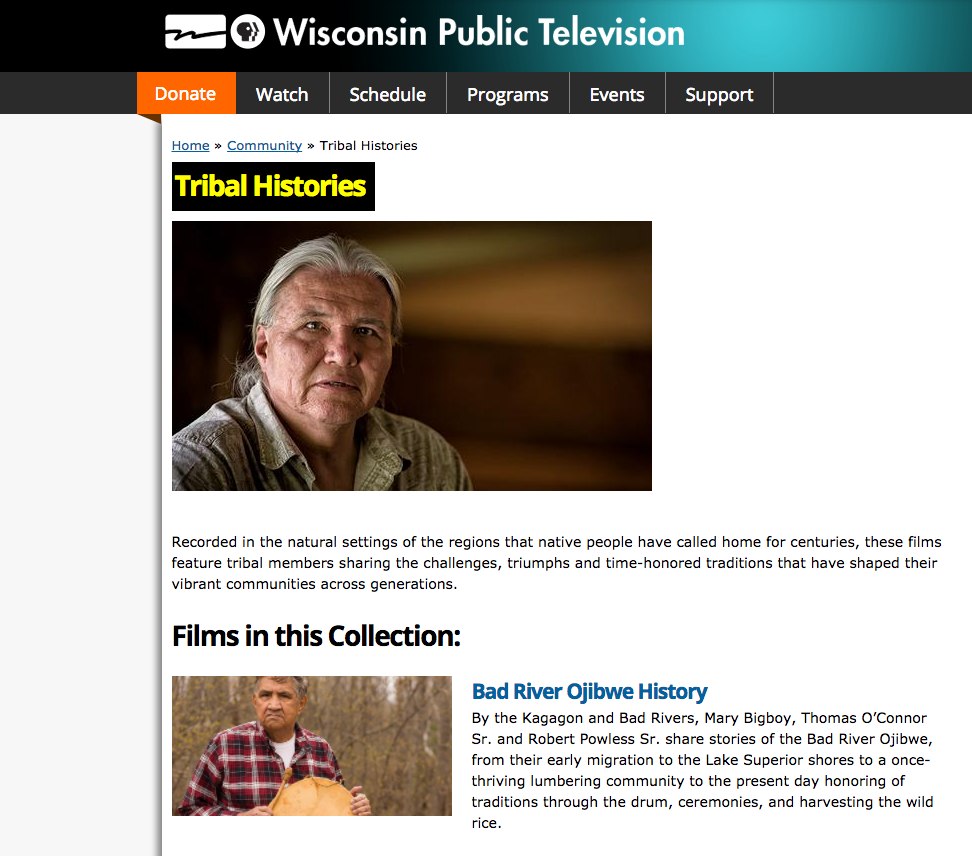Understanding Our Shared Heritage: WPT Resources for Wisconsin Act 31
November 22, 2016 Leave a Comment
As the United States celebrates National Native American Heritage Month throughout November, Wisconsin residents and others interested in learning more about Native American culture of the past and present can find a variety of easy-to-access resources thanks to Act 31.
In the words of Aaron Bird Bear, University of Wisconsin-Madison’s American Indian Curriculum Services Coordinator, “Act 31 is an invitation to get to know the deep human story of the Western Great Lakes. It helps us understand our neighbors. It helps us understand our own shared history … Act 31 gives us a great sense of perspective of thinking about this place, of the many different ways we understand this place, and that’s a skill set that will be valuable for anyone wherever they go, in this global, connected world …”
Here in Wisconsin, we remember the Wisconsin Walleye War of the ’70s and ’80s, and the fierce protests that played out in the wake of the Lac Courte Oreilles Tribe’s assertion of its treaty rights to hunt, fish, and gather on ceded land. More recently, the ongoing Standing Rock Sioux Tribe protest against the Dakota Access Pipeline has drawn global attention to the ongoing controversies surrounding American Indian treaty rights.
Out of that time of conflict, Wisconsin Act 31 was born, ensuring that future generations of Wisconsin’s K-12 students can share in the rich 12,000-year history of our land and people.
Wisconsin Public Television and Wisconsin Media Lab offer many educational resources to help connect you to the stories, both past and present, of Wisconsin’s sovereign nations. Check out The Ways, Wisconsin Biographies of Chief Oshkosh and Walter Bresette, or installments in the ongoing series Tribal Histories for ideas and inspiration for meeting the promise of Wisconsin Act 31 in your school or home.
WPT’s Tribal Histories continues this December with new episodes featuring the Red Cliff Ojibwe, Lac du Flambeau and Brothertown nations; look for an upcoming blog post with details and a Q&A with one of the participants.
To learn more about Wisconsin Act 31 educational resources, visit www.WisconsinAct31.org.
Wisconsin’s Act 31 Initiative partners include: Wisconsin Indian Education Association; Wisconsin Media Lab; Wisconsin Historical Society; Wisconsin Department of Public Instruction; University of Wisconsin-Madison School of Education; University of Wisconsin-Cooperative Extension’s Community Development Educators; UW-Green Bay, First Nation Studies Program; UW-Eau Claire, American Indian Studies Program; UW-Madison Tribal Libraries, Archives, and Museums (TLAM) Project; and Wisconsin Public Television.
Act 31 American Indians Native American History The Ways UW Madison Education
 Passport
Passport






